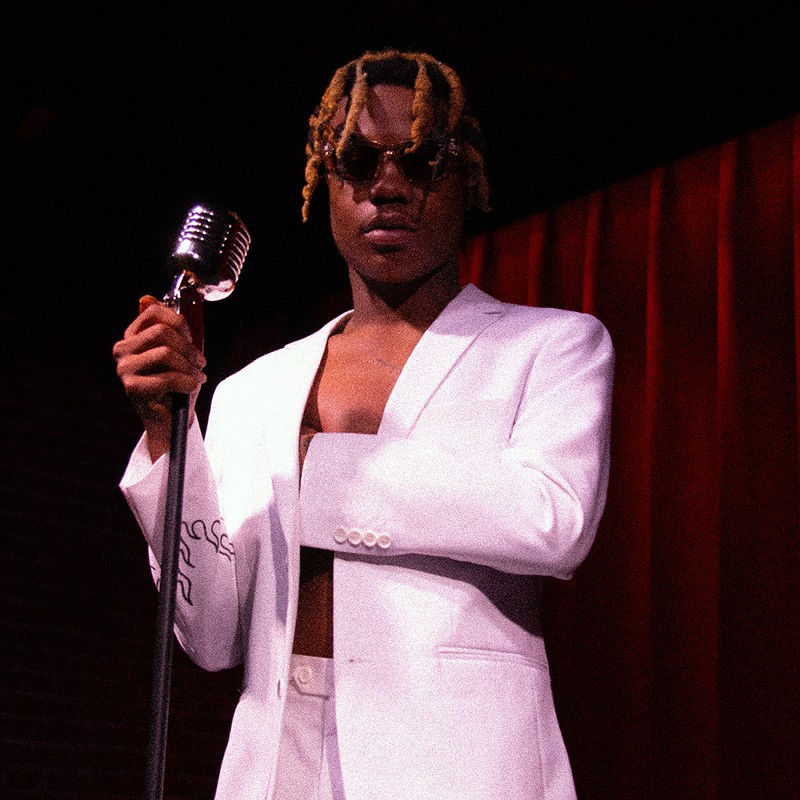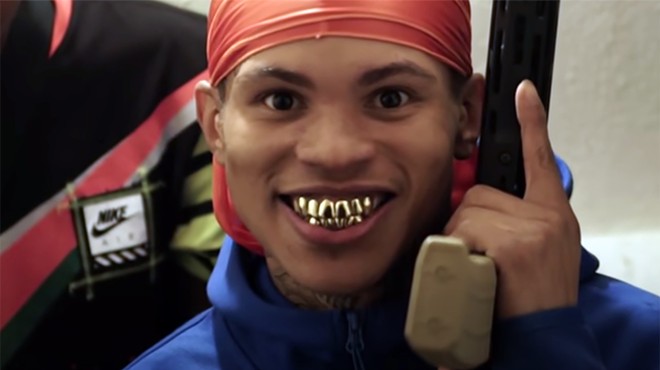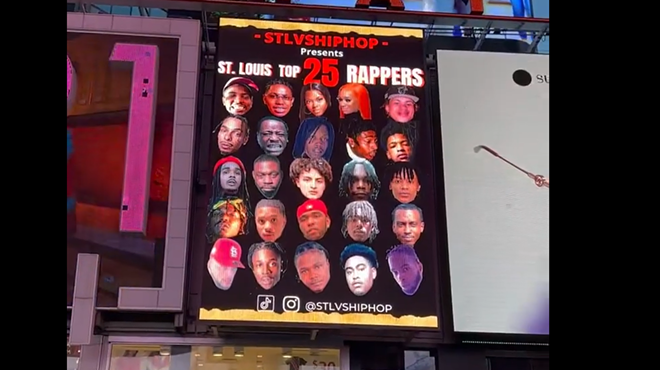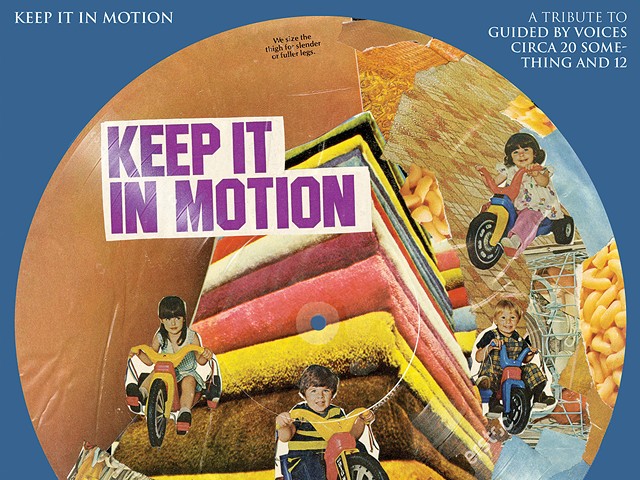Why Rapper King B Had to Leave St. Louis
St. Louis should be proud of what King B represents and who it has helped create
[
{
"name": "GPT - Leaderboard - Inline - Content",
"component": "41932919",
"insertPoint": "5th",
"startingPoint": "3",
"requiredCountToDisplay": "3",
"maxInsertions": 100
}
]
King B might be an entrepreneur, creative director, brand creator, film writer, actor — but he’s best known as a musician. Born Lawrence Neal Bolden, King B grew up in Pine Lawn in St. Louis County, an area known for its poverty and high crime. He developed an appreciation for music from his family, especially from his grandmother — a musician who played gospel and R&B — and from his great-grandmother, who led a church that worshiped in their home.
Buzz built around King B early on, and a deal with RCA Records pushed him even further into stardom. He’s been featured on platforms such as MTV, Revolt TV and Complex and has collaborated on tracks with Rich the Kid, Lil Durk and Blac Youngsta, among others. With millions of streams on his debut album Heartbreak Hotel — featuring soulfully catchy singles such as “No More Crying” and “When They Need You” — his future is bright. Spiritually connected, King B has ambitions to change the world through love and music. St. Louis should be proud of what he represents and who it has helped create.
The RFT reached out to the Los Angeles rapper to talk about the influence of his St. Louis roots on his music and ambitions.
Who you are, where are you from, your family — can you give me the rundown?
My name is King B, and I’m 22 years old. I was raised in Pine Lawn, a small community. Basically, growing up around that time, my dad was in prison, so I was back and forth between my mom and granny a lot. My granny taught me everything, made sure I was musically inclined. I've been dancing, singing, playing instruments, everything, since I was a kid. My mom wanted me to have a better education, so I started going to school in Hazelwood. I would catch the MetroLink from the Hanley station to Hazelwood back and forth everyday, having ups and downs with my mom. So, yeah, that got tiring, but now we are who we are.
How did growing up in Pine Lawn, with its struggles, and having ups and downs with your mom and your dad affect you, not only as an artist but as a man?
As a man, it pushed me to build better households, to bring awareness to talent in poverty situations where nobody is coming to get the musicians or these talented artists, and that’s one of the thing I’m striving to do: bring attention and bring resources to those people who don’t have any resources, to help them find the things that they need.
What about how you were raised made you want to become an artist?
I always knew I wanted music. I started off as a performer at church. We used to have a church in our basement, everybody would come to our church. I used to sing, praise, dance — all that. That's when I found out I was musically inclined, and then I learned about different music from people and schools and realized my versatility, being able to mimic what I heard and make it in my own way.
Speaking of versatility, when you first began making music, did you feel it was hard to express that and be accepted in the St. Louis music scene?
I want to speak on this, and I want my words to be quoted in the exact same way: There’s no way possible that I would be able to show everything that I can do, being from the community that I’m from, because we’re in a city where everyone is so traumatized and everyone is so worried about being judged and put into one box creatively.
It’s up to me to bridge that. I want to take all the consequences. I want to take everything that comes with doing the abnormal that people aren’t used to seeing. So being from St Louis, it was hard for me to show what I had hidden inside. My family knew, but I had to give the city what it wanted, which speaks to my versatility, also. But I always knew one day that I would be able to blossom and turn into what I really wanted to be. So I want everyone to know that I’m not crazy. Everything I do is for a reason, and there’s another meaning behind it.
I think that says a lot about you as an artist, that you’re able to adapt your style like that.
I’m able to express every feeling, every emotion. I’m able to visualize myself in any situation, spiritually — even in situations that I’ve never been in — and turn it into art, and this is just a part of being a sponge, taking in everything around me.
Does that go back to your spirituality and church background?
My spirituality plays a role in everything I do. It constantly transforms me.
You were one of the first artists to elevate past the local scene and go on to have bigger opportunities. How did that happen?
I realized that I had to make my connections. I had to be free, so I had to go. I went to California, where I actually was working on the same type of music. Then I tapped in more with my spirituality and started making music that I wanted to make, which turned into Heartbreak Hotel, my debut album under RCA Records.
Did you do it alone, or did you have someone to help you along the way?
Yeah, I did it on my own. I decided to leave after my tour with Rich the Kid. I decided to leave DCON Entertainment ’cause I’m all about ownership.
This interview has been edited for length and clarity.
This story was updated on May 19 at 8:10 p.m. with a new photo.








